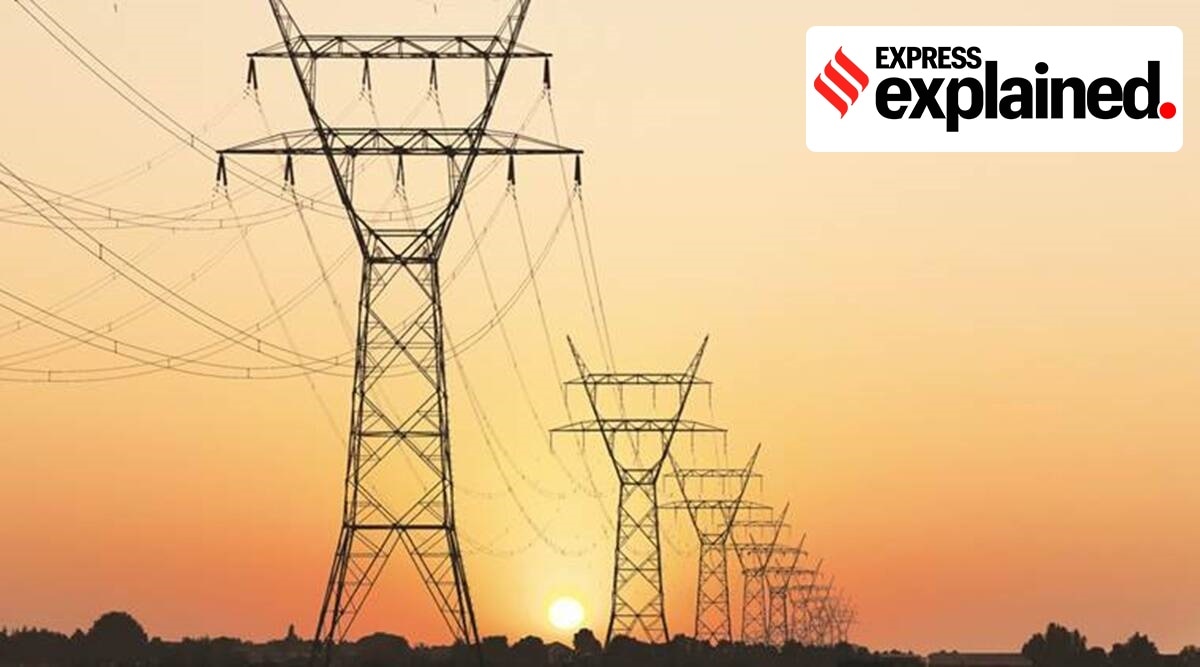 The Act contains at least 10 sections defining the many aspects of this legislation. (Representational)
The Act contains at least 10 sections defining the many aspects of this legislation. (Representational) The implementation of East Punjab Essential Services (Maintenance) Act, 1968, approved by the UT Administrator-cum-Governor Punjab, Banwarilal Purohit, and undersigned by Adviser Dharam Pal banning strikes for upto next six months by the employees of UT Electricity Department has raised many concerns.
Insiders believe that the invoking of ESMA along with the calling of military personnel forced the members of UT Powermen Union to rethink their decision of a 72-hour long strike and reducing it to 36 hours till 4pm, on Wednesday. They called off the strike and resumed work.
What is the Essential Services (Maintenance) Act, 1947?
The Essential Services Maintenance Act, 1947, which is being read now as ESMA, 1968, is an Act of the Parliament which was established to ensure the delivery of certain services, which, if obstructed, would affect the normal life of people. This Act bars the employees engaged in the particular service to go on strike, discontinue their services, or not do their work. This Act falls in the list of Concurrent Subjects, meaning the Act is a subject of common interest of the Centre and the state.
What is the East Punjab Essential Services (Maintenance) Act, 1968?
“After the reorganisation of Punjab, there was a provision that all Punjab Acts shall be applicable irrespective of unless those are adopted by the central government irrespective of the Chandigarh Administration. In 1968, the Government of India passed an adoption order. We adopted the East Punjab Essential Services (Maintenance) Act, 1947, which is now read as Act 1968. Similarly, states like Himachal adopted it and titled Himachal Essential Services (Maintenance) Act, 1973,” a former law officer of the UT administration who does not wish to be named said. He added, “Though the states preferred to mention their names prior to this Act, the basic spirit of this Act is the same across the nation. Earlier too, EPESMA, 1968 was imposed in Chandigarh. ”
Sections in the EPESMA, 1968
The Act contains at least 10 sections defining the many aspects of this legislation. Section 3 authorises the state government/administrator to declare any service as an essential service. Purohit declared electricity supply an essential service under Section 3. Six months is the limit of this Act to be stayed once it has been invoked. “Apparently, there are very few instances when ESMA was involved in UT, but it is being slapped repeatedly in larger states. The state governments have made it a tool to suppress the genuine voice of protesting employees also,” a trade union leader said. Sections 5, 6 and 7 contain the provisions of offences, regulation of wages along with conditions of services and the penalties and procedure of the prosecution.
The FIR under EPESMA, 1968, registered in Chandigarh
UT police lodged an FIR under Section 7 of the EPESMA Act, 1968 against certain union leaders. It was registered at Sector 3 police station. Any person held guilty under EPESMA, 1968 shall face conviction with imprisonment upto three years and shall also be liable to a fine. A person can be arrested without warrant under the ESMA Act. Sources said that the FIR was kept in the category of ‘secret case’, details of which cannot be put in the public domain.
What the UT Powermen Union says…
“We were not informed about any FIR registered under EPESMA, 1968 against any of the leaders or members. Moreover, we ourselves had decided to call off the strike yesterday evening. When we came to know about the inconveniences being faced by the city residents, we deputed a section of powermen to rectify the faulty electricity lines Tuesday night and at the same time continued our strike. Yesterday afternoon, we went on our own to meet the Deputy Commissioner at his office in Sector 17. We called off the strike as they agreed on certain demands”, Gopal Dutt Joshi, General Secretary, UT Powermen Union, said.
- The Indian Express website has been rated GREEN for its credibility and trustworthiness by Newsguard, a global service that rates news sources for their journalistic standards.

